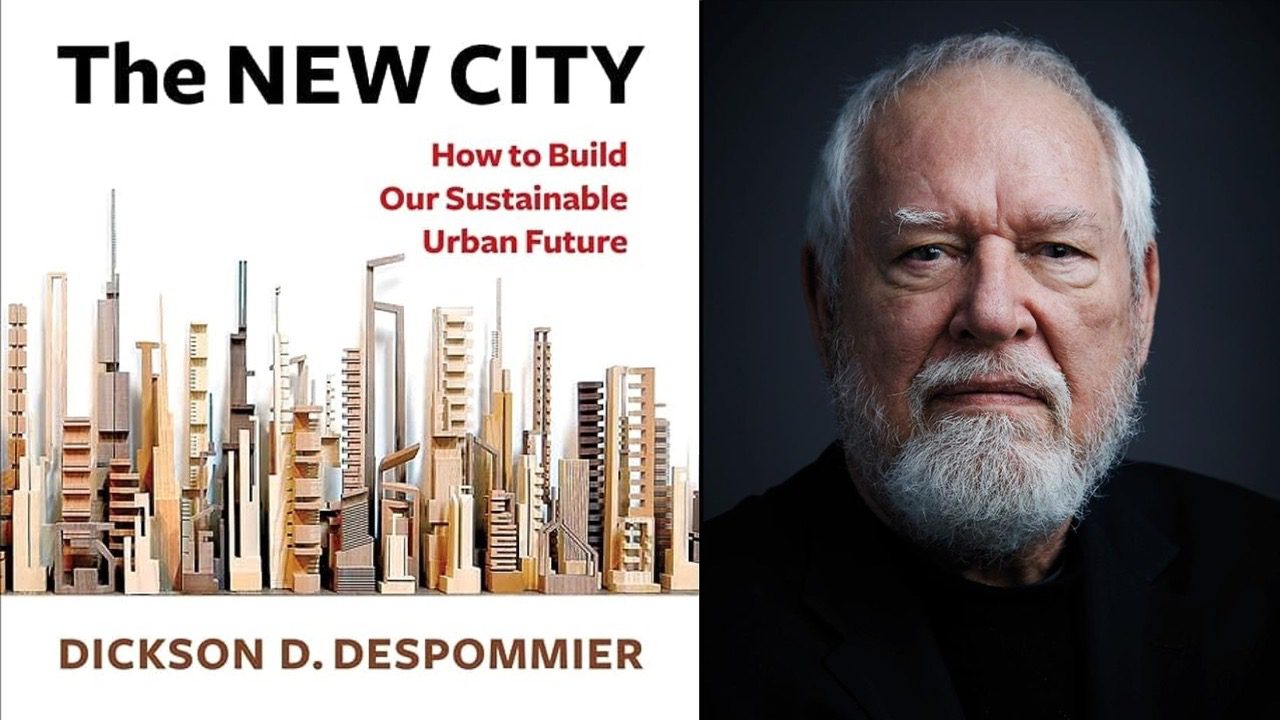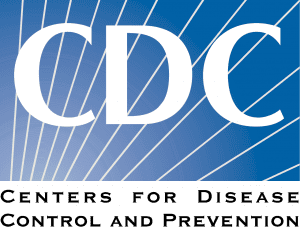Cities are at once among humanity’s crowning achievements and core drivers of the climate crisis. Their dependence on the outside world for vital resources is causing global temperatures to rise and wildlife habitats to shrink. But we have the opportunity to make cities more sustainable by transforming the built environment. In Dr. Dickson D. Despommier’s new book, The New City: How to Build Our Sustainable Urban Future, he proposes a visionary yet achievable plan for creating a new, self-sustaining urban landscape. Published by Columbia University Press, The New City features a foreword by architect and urban designer, Mitchell Joachim. It is currently available for pre-order with a release date of Tuesday, September 26th.
Dr. Despommier argues that we can find solutions through the concept of biomimicry: emulating successful strategies found in nature. A better city is possible if we heed the lessons that forests and trees teach about how to store carbon, grow food, collect rainwater, and convert sunlight into energy. Touring established and leading-edge technologies, The New City provides a blueprint for tomorrow’s urban environment. Cities built from wood will be more resilient and less destructive than concrete and steel construction; they will also encourage reforestation, boosting carbon sequestration. Vertical farms inside city limits will supply residents with a reliable, healthy food supply. Buildings will harvest moisture from the rain and air to secure a clean water supply. Renewable energy, including not only wind, solar, and geothermal but also clear photovoltaic window glass and nonpolluting hydrogen fuel cells, will power a cleaner city.
The New City delivers both a passionate call to action for halting climate change and a bold vision of the sustainable future within our grasp.
ABOUT THE AUTHOR – Dr. Dickson Despommier spent 38 years as a professor of microbiology and public health in environmental health sciences at Columbia University, where he won the Best Teacher Award six times. In 2003, he received the American Medical Student Association’s National Golden Apple Award for Teaching Excellence. He is the author of The Vertical Farm: Feeding the World in the 21st Century. His work on vertical farms has been featured on such top national media as the BBC, French national television, CNN, The Colbert Report, and The Tonight Show, as well as full-length articles in The New York Times, Times magazine, Scientific American, and The Washington Post. He has spoken at the TED Conference, PopTech, and the World Science Festival, and has been invited by the governments of China, India, Mexico, Jordan, Brazil, Canada, and South Korea to work on their environmental problems. He has been invited to speak at numerous national and international professional annual meetings as a keynote speaker, and at universities, including Harvard and MIT. He is one of the visionaries featured at the Museum of Science and Industry, Chicago. Dr. Despommier lives in Fort Lee, New Jersey and is an active co-director of the nonprofit organization, Parasites Without Borders.
Situation Dashboards

World Health Organization (WHO)

Johns Hopkins University (JHU)

COVID-19 in US and Canada






